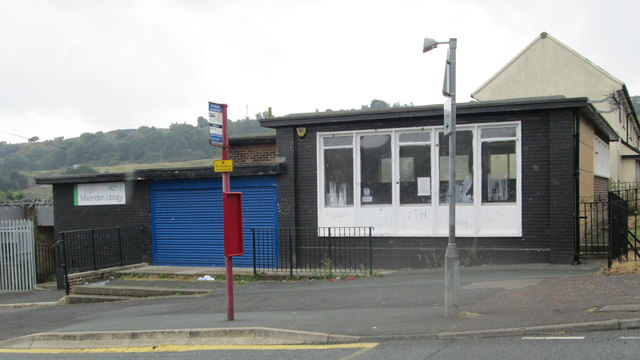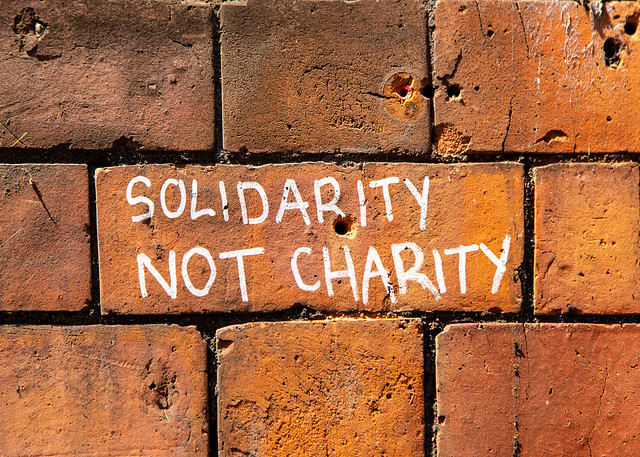Some words from The Christ.
Blessings on the poor in spirit! The kingdom of heaven is yours.
Blessings on the mourners! You’re going to be comforted.
Blessings on the meek! You’re going to inherit the earth.
Blessings on people who hunger and thirst for God’s justice! You’re going to be satisfied.
Blessings on the merciful! You’ll receive mercy yourselves.
Blessings on the pure in heart! You will see God.
Blessings on the peacemakers! You’ll be called God’s children.
Blessings on people who are persecuted because of God’s way! The kingdom of heaven belongs to you.
Blessings on you, when people slander you and persecute you, and say all kinds of wicked things about you falsely because of me! Celebrate and rejoice: there’s a great reward for you in heaven. That’s how they persecuted the prophets who went before you; (Matthew 5:3-12)
 The @twurchsteward and I have been listening to Tom Wright’s The Day The Revolution Began: Reconsidering the Meaning of Jesus’s Crucifixion as an audiobook and comparing notes. I say “comparing notes” but in reality we’ve been having lengthy conversations about God’s Kingdom and how we are called as a church to be the “image bearers” of that Kingdom. We are called to be a church that reflects the Kingdom of God into the world in the here and now. After all, we daily pray “your kingdom come, your will be done on Earth as in Heaven” and that has to mean something.
The @twurchsteward and I have been listening to Tom Wright’s The Day The Revolution Began: Reconsidering the Meaning of Jesus’s Crucifixion as an audiobook and comparing notes. I say “comparing notes” but in reality we’ve been having lengthy conversations about God’s Kingdom and how we are called as a church to be the “image bearers” of that Kingdom. We are called to be a church that reflects the Kingdom of God into the world in the here and now. After all, we daily pray “your kingdom come, your will be done on Earth as in Heaven” and that has to mean something.
This morning I catch the (ridiculously!) early train to London to a further meeting of the Archbishop’s Estates Evangelism Task Group. And as I pack my bag I have the words of Tom Wright ringing in my ears from chapter 10.
The key thing about so many of these “blessings” is that they demonstrate the way in which God’s kingdom will actually be put into operation: through the poor in spirit, the mourners, the meek, the justice-hungry people, the merciful, the pure in heart, the peacemakers, the people who are prepared to face persecution and slander because, of their commitment to the way Jesus is pioneering. Some of these characteristics are more obviously “active” – the justice-hungry people, the merciful, the peacemakers – but the entire package is what matters. God’s sovereign rule will come to birth through people like this. They will learn to be the salt of the earth, the light of the world (5:13-16). They will learn the way of forgiveness and reconciliation (5:21-26), the way of purity (5:27-32), the way of truthfulness (5:33-27). And, in particular, as chapter 5 comes to its climax, they will learn the way of nonviolence, the way of love for enemies and prayer for persecutors (5:38-48). They will turn the other cheek; they will go the second mile; they will allow someone to strip them of both shirt and cloak. And they will thereby demonstrate that they truly are children of their Father in heaven (5:39, 41, 40, 45).’
So often those of us who live and breathe on the estates are viewed as a problem that needs to be fixed. The outer estates are often seen as a forsaken place to which people can go to bring the good news, money, affluence and a better lifestyle. Our society has an historic sense of Victorian paternalism in which the haves can stoop down to the level of the have-nots and bestow good things upon them, do good ‘to’ and ‘for’ them rather than with them. But here in Tom Wright’s vision of Jesus Revolution he is once again insisting that the topsy turvy Kingdom of God does not arrive at the platform we were expecting. Here he suggests that Jesus is instituting a Kingdom brought about by those very people you’d least expect. A world renewed from the margins.
If we can recognise this within our midst that is truly revolutionary!
So tomorrow we go once more to pull together as a group embedded in and working with those places on the edge. We call the wider church not only to invest in those fringe places but to recognise and seek what those places bring to the wider body. To become a church that nurtures those who live in the forgotten places. We’re not calling for a fix. We are calling for the church to have vision to set people free to get involved with the mission God is already on in the places often deemed “too challenging” or worse “unimportant”.
If the Church of England is to play any part in the renewal of Christian life in this nation, it will come from the edges, from the margins, from the forgotten, and from the poor. – Philip North



